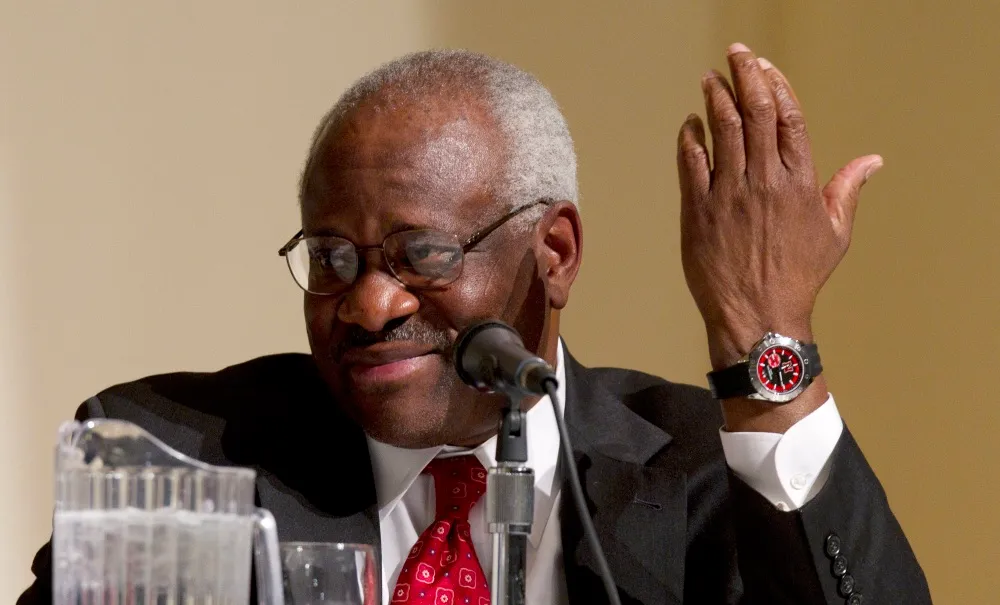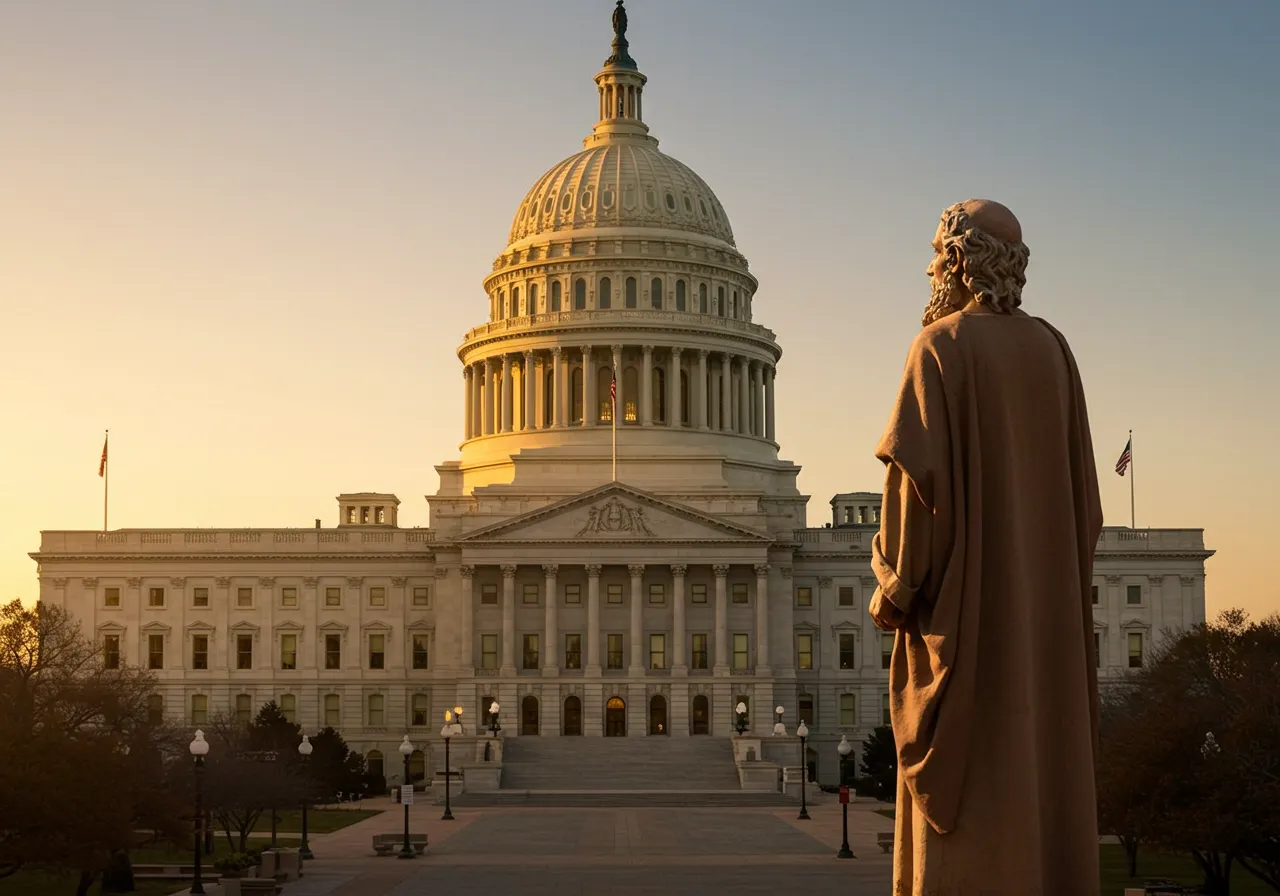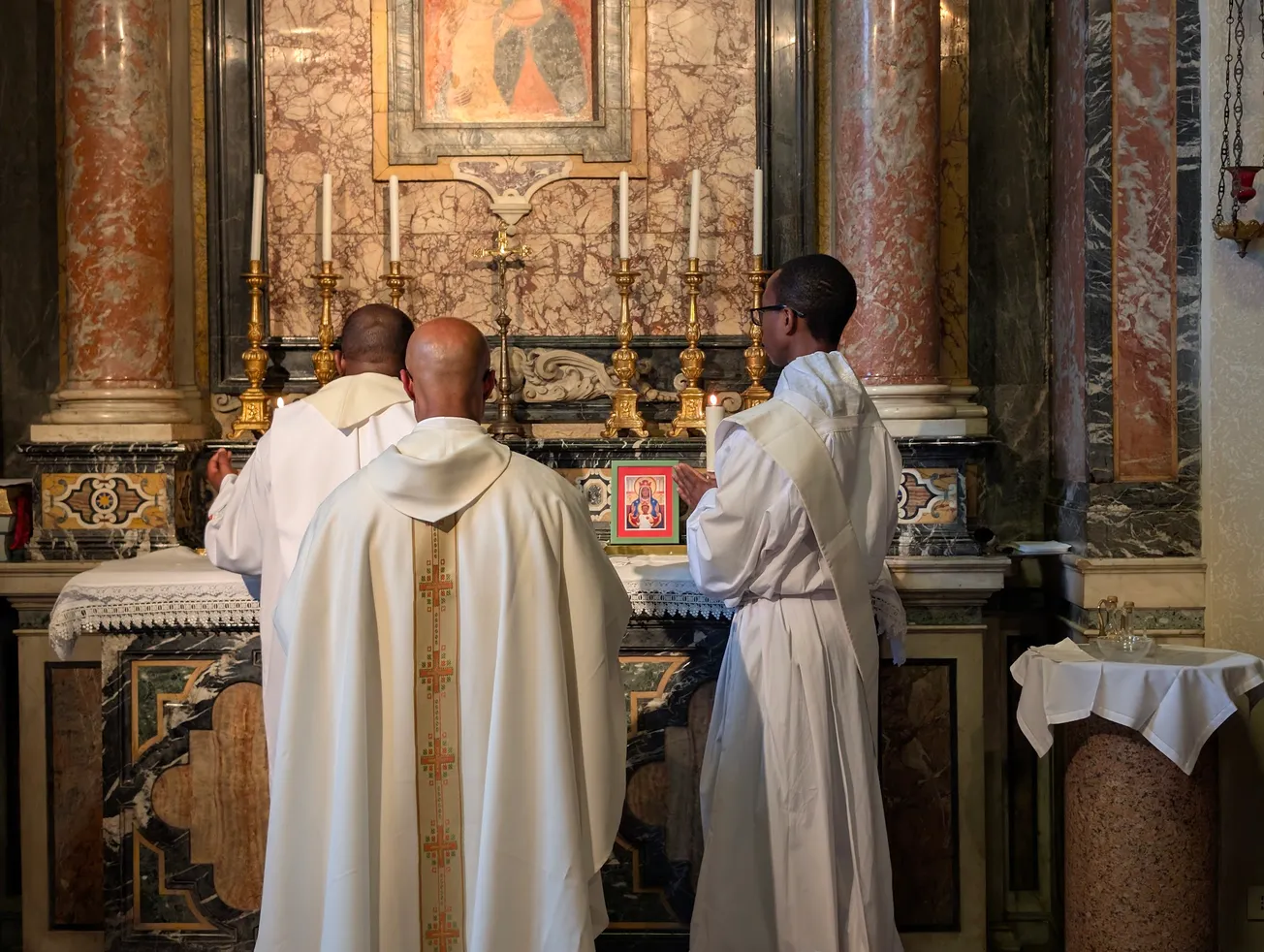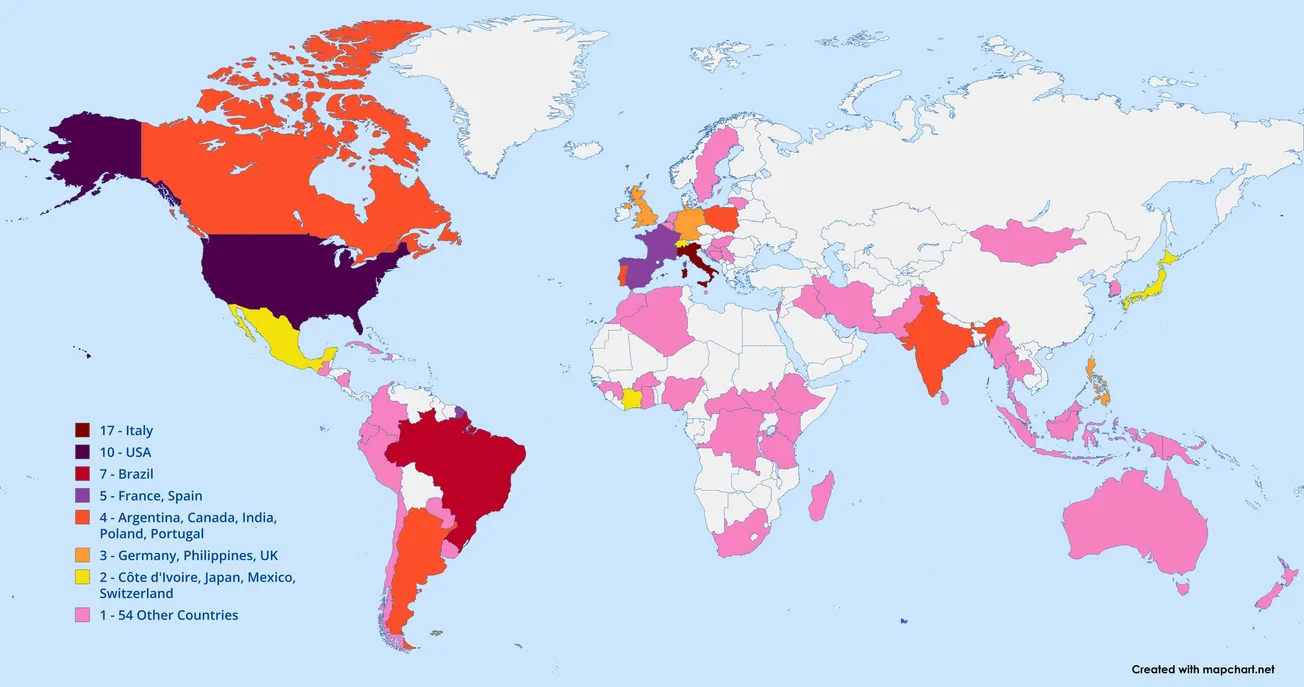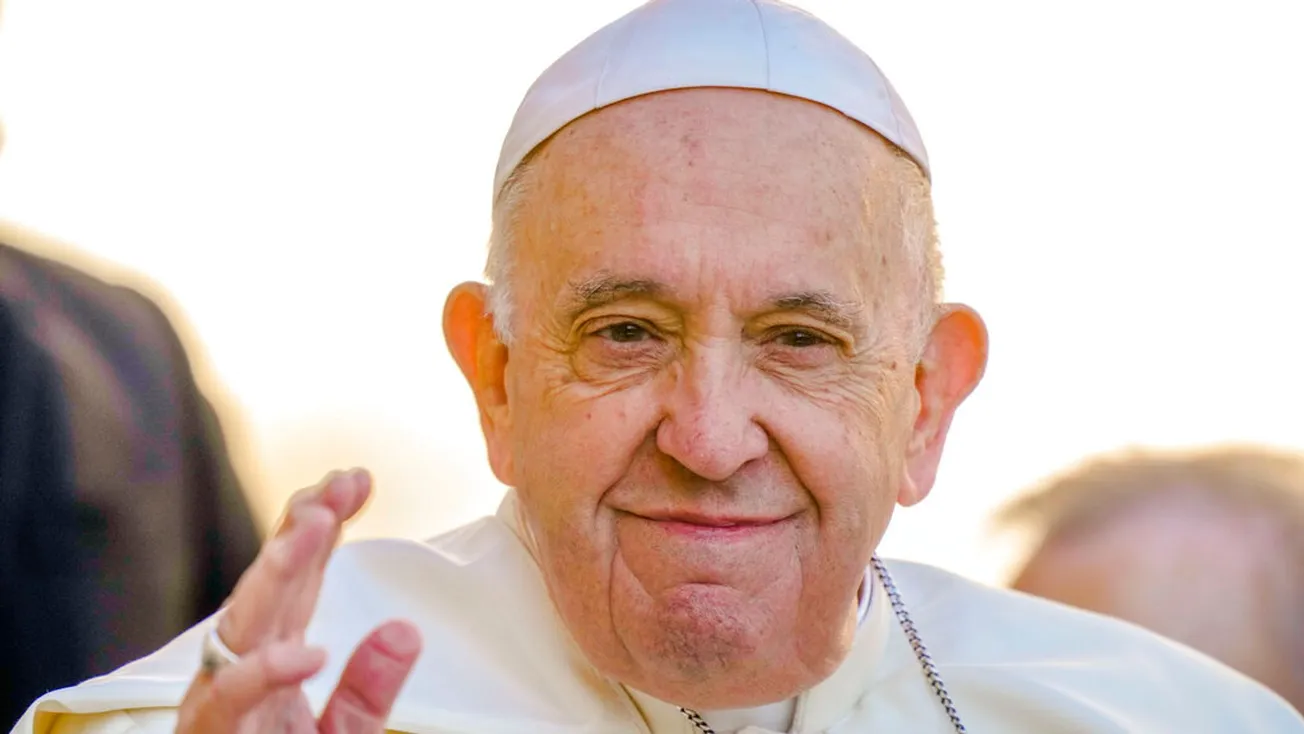Associate Justice Clarence Thomas, the resident Black member of the US Supreme Court, has been hospitalized in Washington DC with “flu-like symptoms”, according to a release issued by the court on Saturday.
The vaccinated and boosted 73-year-old was admitted to Sibley Memorial Hospital, on the northwest edge of the district border, and is said to be recovering quietly.
“He underwent tests, was diagnosed with an infection, and is being treated with intravenous antibiotics,” the court said.
“His symptoms are abating, he is resting comfortably, and he expects to be released from the hospital in a day or two.”
Thomas’ illness is not expected to keep him from court business, as the release adds that, if necessary, he will participate remotely, “on the basis of the briefs, transcripts, and audio of the oral arguments”.
Even so, the timing is not opportune, as the bench will begin its March argument session this week with oral arguments scheduled today for Morgan v. Sundance Inc., concerning employee contracts, and Berger v. North Carolina State Conference of the NAACP—a controversial case involving the alleged lax enforcement of Republican voter ID laws.
The latter case represents a hot topic concerning Thomas, who infamously joined the majority opinion on Shelby County v. Holder, a 2013 decision gutting a major portion of the 1965 Voting Rights Act by reducing federal oversight of discriminatory state laws.
Several such laws have since been enacted in states around the country, especially in the wake of the failed re-election campaign of former president Donald Trump.
Lawsuits filed in response have occasionally reached the Supreme Court, and have each been struck down by the conservative majority—led, in a sense, by Thomas, one of the bench’s six Catholic members.
Berger is the latest, and oral arguments are scheduled to begin later this morning.
Thomas has also faced an avalanche of criticism in recent weeks for the dealings of his wife, Virginia “Ginni” Thomas, who is known to have provided encouragement and support to individuals involved with the 2021 US Capitol insurrection.
She has not been formally accused of criminal involvement, but many onlookers see a potential conflict of interest in Thomas’ rulings on matters related to the riot, and to the larger zeitgeist surrounding Trump and the resurgent ultra-conservative movement.
On that front, a January order from the Supreme Court denied Trump’s request to block the release of records related to the capitol attack. Thomas was the lone justice, even among the six conservatives, to dissent.
Also looming large this week is the nomination hearing for Judge Ketanji Brown Jackson, who—if confirmed by the Senate—would become the only Black female justice in Supreme Court history, and would join Thomas to create a Black duo on the bench for the first time.
The two would likely not be ideological confrères, however, as the Biden nominee is known for her more progressive rulings, in support of rights for workers, prisoners, and immigrants.
Nate Tinner-Williams is co-founder and editor of Black Catholic Messenger, a seminarian with the Josephites, and a ThM student with the Institute for Black Catholic Studies at Xavier University of Louisiana (XULA).


